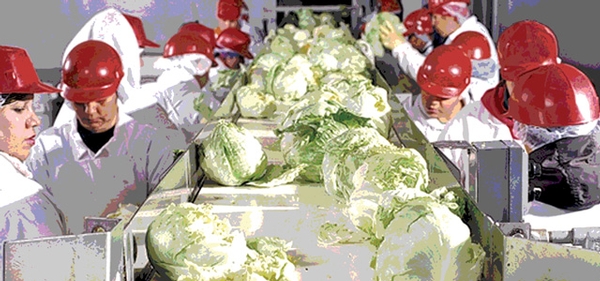Food safety is a critical issue for any business. Establishing an effective food safety program for your business is essential in order to protect your customers and ensure the quality of your food. It is also important to comply with state and federal regulations, which vary by state.
Proper Food Storage and Handling
Proper food storage and handling are essential for preventing food-borne illnesses. Store food at the proper temperature and rotate items so that the oldest items are used first. Follow the label instructions for best-by or use-by dates, and pay close attention to food expiration dates. If you want to join the food safety program then you may consider https://topgrid.com.my/.

Image Source: Google
Temperature Control
Temperature control is critical for promoting food safety. Refrigerate or freeze perishable items as soon as possible and keep them at the proper temperature. Monitor temperatures in refrigerators and freezers to ensure that food is kept at the correct temperature. Invest in a thermometer to check temperatures in storage, preparation, and cooking areas.
Food Safety Training for Staff
Food safety training for staff is essential to ensure the safety of your food. Educate employees on proper food storage and handling methods, as well as safety protocols for food preparation and serving. Make sure all staff members understand food safety regulations and have the necessary certifications.
Sanitization Procedures
Establish a regular cleaning and sanitization schedule for all food preparation and serving surfaces. Clean and sanitize counters, kitchen surfaces, sinks, and utensils regularly. Wash hands after handling raw foods and before handling cooked foods. Make sure all staff members understand and follow sanitization procedures.
Conclusion
Food safety is essential for any business. Establishing an effective food safety program is essential for protecting your customers and ensuring the quality of your food. Make sure your program includes proper food storage and handling, temperature control, food safety training for staff, and sanitization procedures. With an effective food safety program in place, your business will be well-prepared to handle any potential food safety issues.
